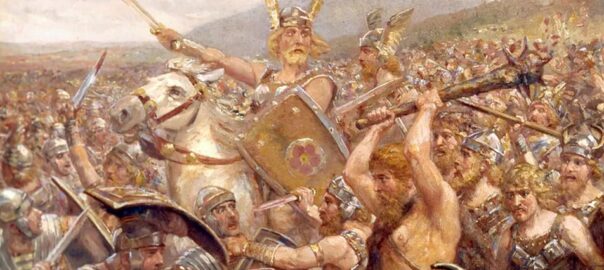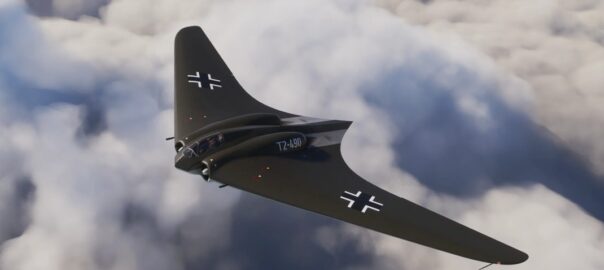Related Posts
November 23, 2025
Arminius: The Roman Officer Who Shattered Imperial Ambitions
Few historical personalities inspire as much analysis.
July 9, 2025
The name "Cosa Nostra," literally meaning "Our Thing," evokes a potent mix of fear,.
July 8, 2025
Few brands are as synonymous with a product category as Nescafé is with instant.
June 26, 2025
The Horten Ho 229, a sleek, futuristic aircraft designed and built by the Horten.
June 11, 2025
The 20th century was a period of unprecedented upheaval and transformation, marked by world.
June 4, 2025
Sumer, nestled in the fertile crescent of Mesopotamia (modern-day Iraq), stands as a towering.
June 4, 2025
The name "Fukushima" has become synonymous with disaster. The devastating earthquake and tsunami of.
June 2, 2025
Amedeo Modigliani, the Italian painter and sculptor, lived a short but intensely creative life,.
May 31, 2025
The Lockheed U-2, affectionately (or perhaps fearfully) known as the "Dragon Lady," is a.
May 29, 2025
For centuries, humans have sought ways to leave their mark on the world. While.
Manage Cookie Consent
We use cookies to optimize our website and our service.
Functional cookies Always active
The technical storage or access is strictly necessary for the legitimate purpose of enabling the use of a specific service explicitly requested by the subscriber or user, or for the sole purpose of carrying out the transmission of a communication over an electronic communications network.
Preferences
The technical storage or access is necessary for the legitimate purpose of storing preferences that are not requested by the subscriber or user.
Statistics
The technical storage or access that is used exclusively for statistical purposes.
The technical storage or access that is used exclusively for anonymous statistical purposes. Without a subpoena, voluntary compliance on the part of your Internet Service Provider, or additional records from a third party, information stored or retrieved for this purpose alone cannot usually be used to identify you.
Marketing
The technical storage or access is required to create user profiles to send advertising, or to track the user on a website or across several websites for similar marketing purposes.









